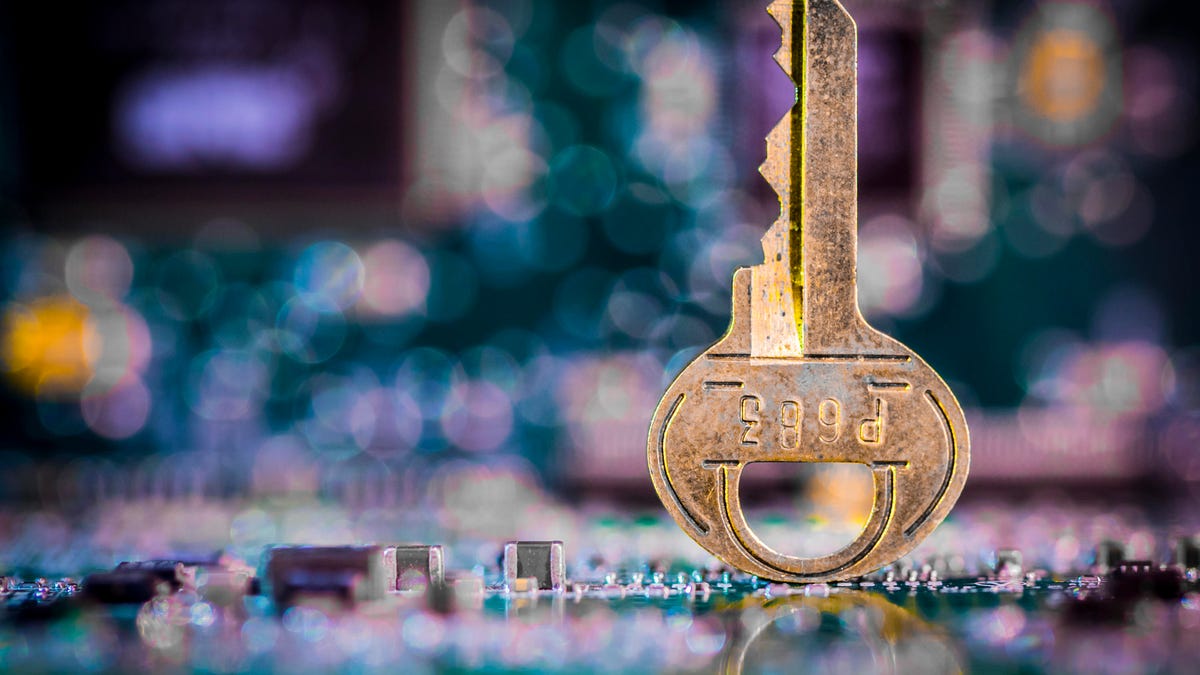FBI can't get inside Texas church shooter's phone
The situation echoes the one the agency faced when Apple refused to unlock the iPhone of a San Bernardino shooter.

Law enforcement and tech companies have been stuck for years in a tug of war over encryption.
The FBI is once again having trouble getting into a mass shooter's smartphone.
An official said at a press conference Tuesday that the FBI is unable to open the phone of Devin Patrick Kelley, who killed 26 people and injured 20 more at a Texas church on Sunday.
The phone is encrypted , meaning the information inside is unreadable without a passcode. The FBI didn't say what kind of phone the shooter used.
"With the advance of the technology and the phones and the encryptions, law enforcement -- whether at a state, local or federal level -- is increasingly not able to get into these phones," said Christopher Combs, the FBI special agent in charge.
The situation echoes the investigation into a shooter who attacked an office party in San Bernardino, California, in December 2015. In that case, the US Department of Justice sought a court order to force Apple to write software that would unlock the shooter's iPhone C without the passcode. The Justice Department dropped the case after a contractor it hired found a way to unlock the phone without Apple's help.
Combs said he wouldn't tell reporters what kind of smartphone the shooter had. "I don't want to tell every bad guy out there what kind of phone to buy to harass our efforts on trying to find justice here," he said.
The FBI declined to comment further.
Law enforcement officials and tech companies have been stuck for years in a tug of war over privacy concerns on devices. Justice Department Deputy Attorney General Rod Rosenstein lamented in October that the FBI was unable to access 7,500 mobile devices because of their encryption. Investigators often look to a suspect's device for evidence, but companies like Apple and Google tend to prioritize their customers' privacy over the needs of investigators.
The information on a suspect's device is so valuable that the FBI paid a private company $900,000 just to get into the San Bernardino terrorist's iPhone.
The issue is still brewing with government officials calling for "responsible encryption" while tech giants argue that breaking any kind of cyberdefense, even if it's for national security, would put many individuals' devices in danger.
CNET Magazine: Check out a sample of the stories in CNET's newsstand edition.
Life, Disrupted: In Europe, millions of refugees are still searching for a safe place to settle. Tech should be part of the solution. But is it?



